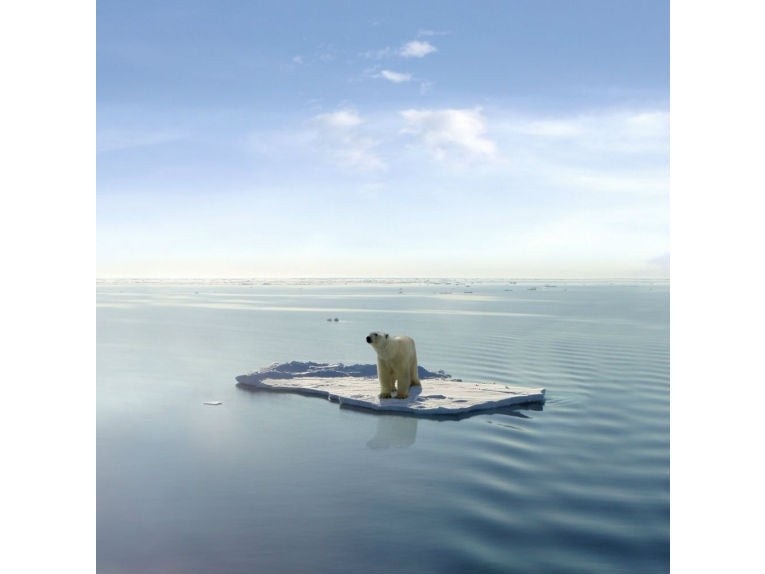The White House is concerning itself about the loss of ice from the Arctic Ocean. Science specialists and government are meeting to discuss if the UN Intergovernmental Panel on Climate Change were wrong in predicting that ice would last till the end of the century. The computer models used in that 2007 prediction have now been up-dated, plus the actual Arctic has lost its own ice without the help of climate models. In fact it seems possible that the Arctic will be ice-freeby 2015.
Professor Carlos Duarte had warned, "the Arctic situation is snowballing: dangerous changes in the Arctic derived from accumulated anthropogenic greenhouse gases lead to more activities conducive to further greenhouse gas emissions. This situation has the momentum of a runaway train."
He was right. Last year, he published a paper in Nature Climate Change hinting that abrupt changes had already started up. The jet stream has been moved by the rapid warming process and is likely to cause persistent and extreme weather events. Heat-waves and droughts recently created havoc with Russian and American harvests.
DoD is the US department of Defence, quoting alarmist statements such as, "significant geopolitical impacts around the world, contributing to greater competition for more limited and critical life-sustaining resources like food and water." Obviously, military minds think first about instability and conflict, rather than enabling help for disadvantaged people. Of course, we can assume that troops could equally well be saviours rather than guard dogs.
Concentration on the vast oil and gas reserves will concentrate some peoples' minds wonderfully. The possibilities of unlawful smuggling and migration seem to be a major worry (as well as a major source of profit for some), while the possibilities of tourism, shipping and exploitation of mineral and other resources play more minor roles in the Arctic think-tank.
A more measured but worrying opinion is that of the head of the Polar Ocean Physics Group at Cambridge University, Peter Wadhams. His conclusions are that "the weather extremes from last year are causing real problems for farmers, not only in the UK, but in the US and many grain-producing countries. World food production can be expected to decline, with mass starvation inevitable. The price of food will rise inexorably, producing global unrest and making food security even more of an issue."
Maybe the political, "cold war," will begin soon then!










